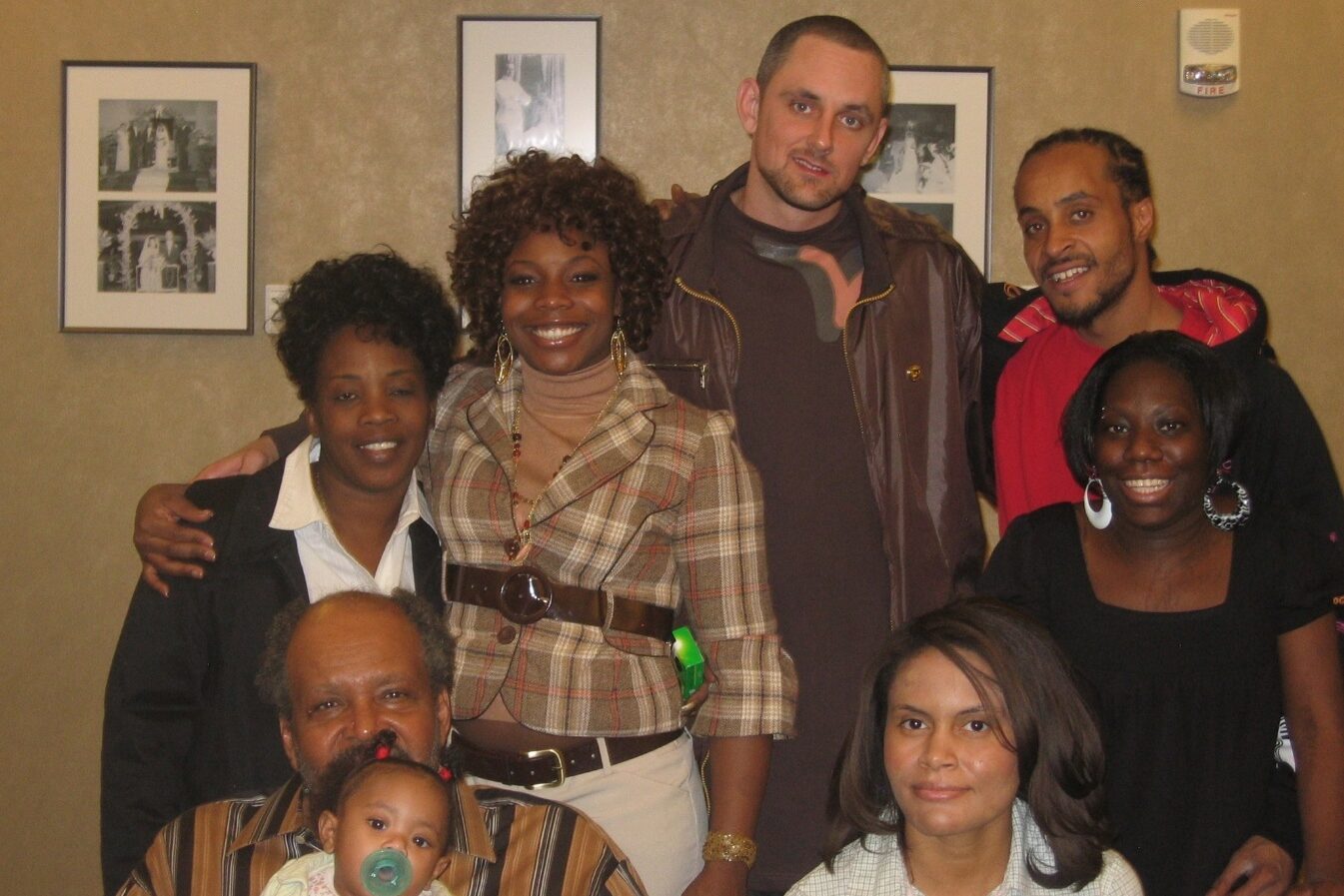
At least six people serving in Colorado prisons will get out earlier as a result of clemencies granted by Gov. Jared Polis on Friday afternoon, just before the Christmas holiday.
In total, 28 people received clemency. Most have already completed their sentences. Some date back to the 1980s, and they are largely for controlled substances violations and relatively low-level thefts. Those individuals will have their rights restored for things like jury duty, holding public office, and firearms privileges.
Among those whose sentences will be shortened is David R. Carrillo, who was convicted of murder for a gang-related killing in Pueblo when he was 19 years old. Carillo was among a small group that plotted to kill Chris Romo, who was 17. Carillo did not shoot Romo, but he was described at trial as the architect of the crime, according to the Pueblo Chieftain.
Carillo was sentenced to life without parole. Now, his parole will go into effect January 31, 2024. The terms of his release will be set by the parole board.
In a letter Polis sent to Carillo notifying him that he was granting a limited commutation of his sentence, the governor wrote, “It is evident that you have put in tremendous work while incarcerated to change your mindset and pursue educational goals by obtaining your GED, bachelor’s degree, and MBA, and becoming the first incarcerated adjunct faculty member in the country.” Carillo teaches a business class at Adams State University.
The governor also noted that at this point, the other people involved with the crime, including the shooter, have all been released from custody.
Another man receiving a limited commutation is Gordon Johnston. He was convicted several times of selling drugs. Although the offenses were nonviolent, Johnston was sentenced to 64 years in prison, and before Friday, he was estimated to be eligible for parole in 2039. Instead, he’ll be eligible for parole on January 15, 2026.
In his clemency letter to Johnston, Polis wrote that the 64-year sentence was “well beyond the typical range for your crimes.”
In prison, Johnston has participated in the canine science program and is among the best trainers inside. He has now trained more than 60 dogs and his skill level is such that they frequently assign him the most difficult dogs with disabilities or behavioral problems. He also trains service dogs.
“It was about finding something that I can call my own, and I discovered dogs,” he told CPR News in 2022.
Samuel V. Martinez III has also received a limited commutation. He was serving a 64-year sentence for aggravated robbery with a weapon for crimes committed in 2009. He was estimated to be parole eligible in 2055. As a result of Polis’ action, he’ll be eligible for parole almost 30 years sooner, on January 15, 2027.
Polis said that Martinez III had earned his GED, associates and bachelor’s degrees in prison, has used his education to tutor others for the GED, and has taught income tax preparation to fellow inmates.
Polis has a pattern of announcing clemency in late December. Last year, he granted 24 people clemency.
In spring 2023, he vetoed a Democratic bill that would have created a uniform application that inmates could use to file for clemency, with requirements such as including a personal letter, letters from supporters and details about their plans upon release. An “executive clemency representative” would oversee the process, including a requirement that the state provide updates to applicants.
Abron Arrington, a program manager with the Second Chance Center who was granted clemency in 2019, said at the time that the bill was about providing clarity and transparency for applicants, “but more importantly, it’s about doing justice to the actual process of clemency,” he said.
Polis said that the bill would have unconstitutionally infringed on the governor’s power over clemency, which is guaranteed in the constitution.
CPR’s Allison Sherry and Andrew Kenney contributed reporting.









